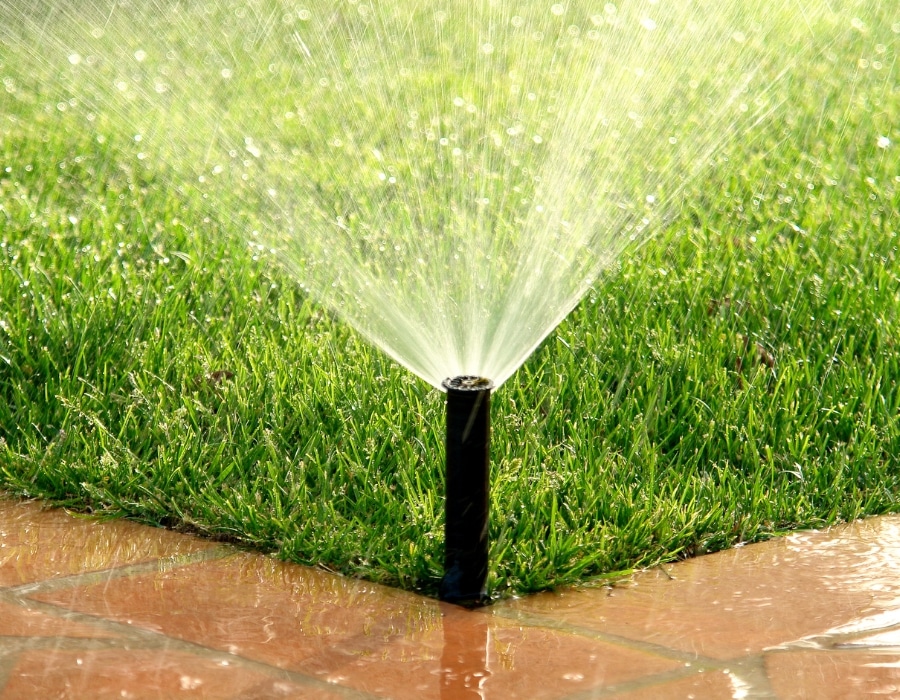Innovative Irrigation: Water-Saving Systems for Massachusetts Landscapes
Massachusetts, with its iconic historical landmarks, lush landscapes, and rapidly changing climate, is constantly seeking innovative methods to maintain its natural beauty while also being responsible stewards of our planet’s resources. One of the areas that demand immediate attention is irrigation. Traditional irrigation systems, while effective, often waste water due to over-irrigation, evaporation, and wind. This not only burdens the environment but also weighs heavily on homeowners’ pockets. The future lies in innovative irrigation that maximizes water efficiency. Let’s delve into some of the water-saving systems that are taking Massachusetts’ landscapes to the next level.
Drip Irrigation Systems
When you think about water conservation in irrigation, drip systems are often the first that come to mind. Instead of spraying water over large areas, drip irrigation delivers water directly to the roots of plants. This method:
- Reduces water usage by up to 50%.
- Minimizes water runoff and evaporation.
- Ensures deep water penetration to the roots, promoting healthier plants.
For Massachusetts homeowners with decorative plant beds, orchards, or even vegetable gardens, drip systems can be a game-changer.
Smart Irrigation Controllers
The advent of technology in the irrigation sector brings with it the ‘smart’ irrigation controllers. These devices are not just timers; they adjust the watering schedule based on various factors, such as:
- Weather forecasts
- Soil moisture levels
- Plant type and their specific water needs
Some controllers even sync with local weather stations or use data from on-site rain and soil moisture sensors. This ensures that your lawn or garden only gets water when it’s needed, leading to significant water savings.
Soaker Hoses
Soaker hoses are similar to drip irrigation but are more flexible and simpler. They are porous hoses that allow water to seep out slowly, ensuring that water reaches the roots of plants. They’re especially useful for:
- Newly planted trees or shrubs
- Long garden rows
- Areas with dense plantings
By placing the hose directly where water is needed, Massachusetts gardeners can ensure that they’re not wasting a single drop.
Rainwater Harvesting
Massachusetts sees a fair amount of rain throughout the year. Capturing this water can lead to substantial savings. Rainwater harvesting involves collecting rainwater from roofs or other surfaces and storing it for later use. This water is free of many of the salts and chemicals found in groundwater, making it ideal for plants.
With a well-designed system, homeowners can even integrate their rainwater harvesting setup with their irrigation system, ensuring a natural, eco-friendly water source for their landscape.
Rotating Sprinklers
Traditional sprinklers can be inefficient due to the fine mist they produce, which easily evaporates or gets carried away by the wind. Rotating sprinklers, on the other hand, release larger water droplets in a rotating pattern, which means:
- Less water is lost to evaporation.
- Water is more directly aimed at the plants.
- Uniform distribution prevents over or under-watering in certain spots.
- Landscape Design with Irrigation in Mind
One cannot overemphasize the importance of good design. Planning your landscape with water conservation in mind can make a huge difference. This involves:
- Grouping plants with similar water needs.
- Using mulch to reduce evaporation.
- Planting drought-resistant plants or native species that are adapted to Massachusetts’ climate.
Challenges and Considerations
While these systems promise great water-saving potential, they are not without challenges. Initial setup costs can be a deterrent for many. Moreover, maintenance is key. A drip system with a clogged emitter or a smart controller that’s not correctly configured can result in water wastage.
It’s essential to consider the unique needs of your landscape, the local climate, and the available resources before committing to a system. Consulting with local experts, attending workshops, or even participating in community gardening groups can provide valuable insights.
Water is a precious resource, and with changing climate patterns, its efficient use in landscaping is of paramount importance. Massachusetts, with its rich natural heritage, is at the forefront of adopting these innovative irrigation systems.
By integrating these water-saving technologies and practices, homeowners can not only preserve the beauty of their landscapes but also contribute to a more sustainable and eco-friendly environment. The future of irrigation in Massachusetts is not just about watering plants; it’s about nurturing them while preserving the planet.
If you are interested in learning more about our services, contact Lawn Care Plus today.
Call us at 617-592-9185 or request an estimate online.

